Building critical mental health support and access in Central America’s Northern Triangle
Glasswing will reach 9.7 million people in Central America with community-based approaches to mental health support.
Relevant Stats
Paragraph introducing any relevant stats.
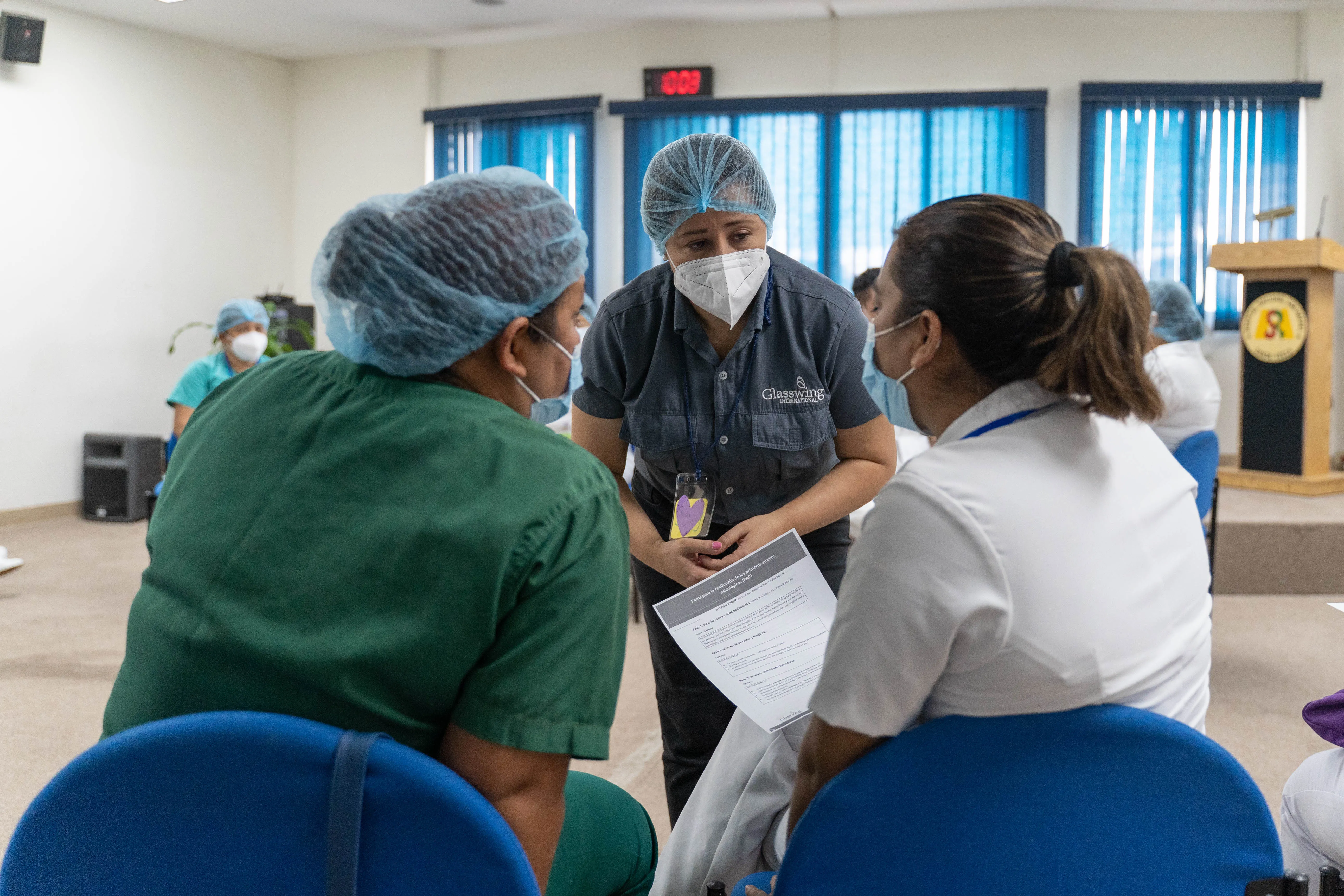
Project
Description
Problem
Over the last 20 years, violence has reached crisis proportions in Central America, disrupting millions of lives and holding back social and economic development. The challenge is most extreme in El Salvador, Guatemala and Honduras — the region known as the Northern Triangle. For these communities exposed to widespread violence, the resulting trauma can have lasting and severe consequences — for people and the frontline workers who serve them. Experiencing or witnessing violence is linked to chronic physical and mental health problems, diminished educational and economic outcomes, and can result in an increased likelihood to be revictimized or involved in future violence. Despite this adverse context, there are extremely few mental health supports in Northern Triangle countries. Mental health care remains stigmatized and underfunded, and mental health professionals are in short supply.
Big Idea
While Northern Triangle countries are unlikely to see a dramatic increase in the number of clinicians, there are less resource-intensive community-based approaches that are proven effective in improving mental health outcomes. Glasswing will employ these approaches regionally, training thousands of staff in schools, hospitals, clinics and police precincts to recognize the signs of trauma and help them manage its effects on themselves, and the communities they serve. Training frontline workers who most frequently interact with these communities helps mitigate the impact of trauma, and can break the cycle of violence. In five years, Glasswing will transform more than 2,000 institutions in 25 of the highest-risk municipalities in the Northern Triangle, and every one of El Salvador’s 30 hospitals and their surrounding clinics and precincts. They will also train 102,000 service providers in community-led mental health support, with the potential to reach up to 9.7 million people each year.
Plan
Glasswing will democratize access to mental health in the most violence-affected communities in El Salvador, Guatemala and Honduras, rewiring the institutions like schools, police and healthcare facilities to become trauma-informed environments. Glasswing will build the capacity of these institutions by: (1) Providing basic trauma training for every staff member; (2) Training a subset of staff as interventionists to provide acute care to trauma survivors; (3) Certifying selected interventionists to replicate training and grow the network of trauma-informed community supports, ensuring sustainable, long-term change led by and for the community. This approach mitigates the harmful effects of trauma on frontline workers and the people they serve, while helping break the cycle of violence across communities. This work will serve as a proof point for the effectiveness of community-based mental health supports in resource-constrained environments, laying the groundwork to bring similar approaches to any region buckling under cycles of violence and trauma.
Why will this succeed?
Over the past 15 years, Glasswing has partnered with more than 700 government and community institutions across ten countries to find what works in addressing the causes and consequences of violence and trauma. They have directly impacted over 1.5 million lives through their extensive existing footprint. Research conducted by the World Bank in 2019 found that, for survivors of violent injuries, Glasswing’s hospital-based intervention reduced the likelihood of hospital recidivism due to revictimization by up to 30%. It also found that training hospital staff increased the rate of patient referrals to community-based supports by up to 58%, demonstrating the improved ability of hospital staff to identify and address trauma.
Project Impact
Recent Updates
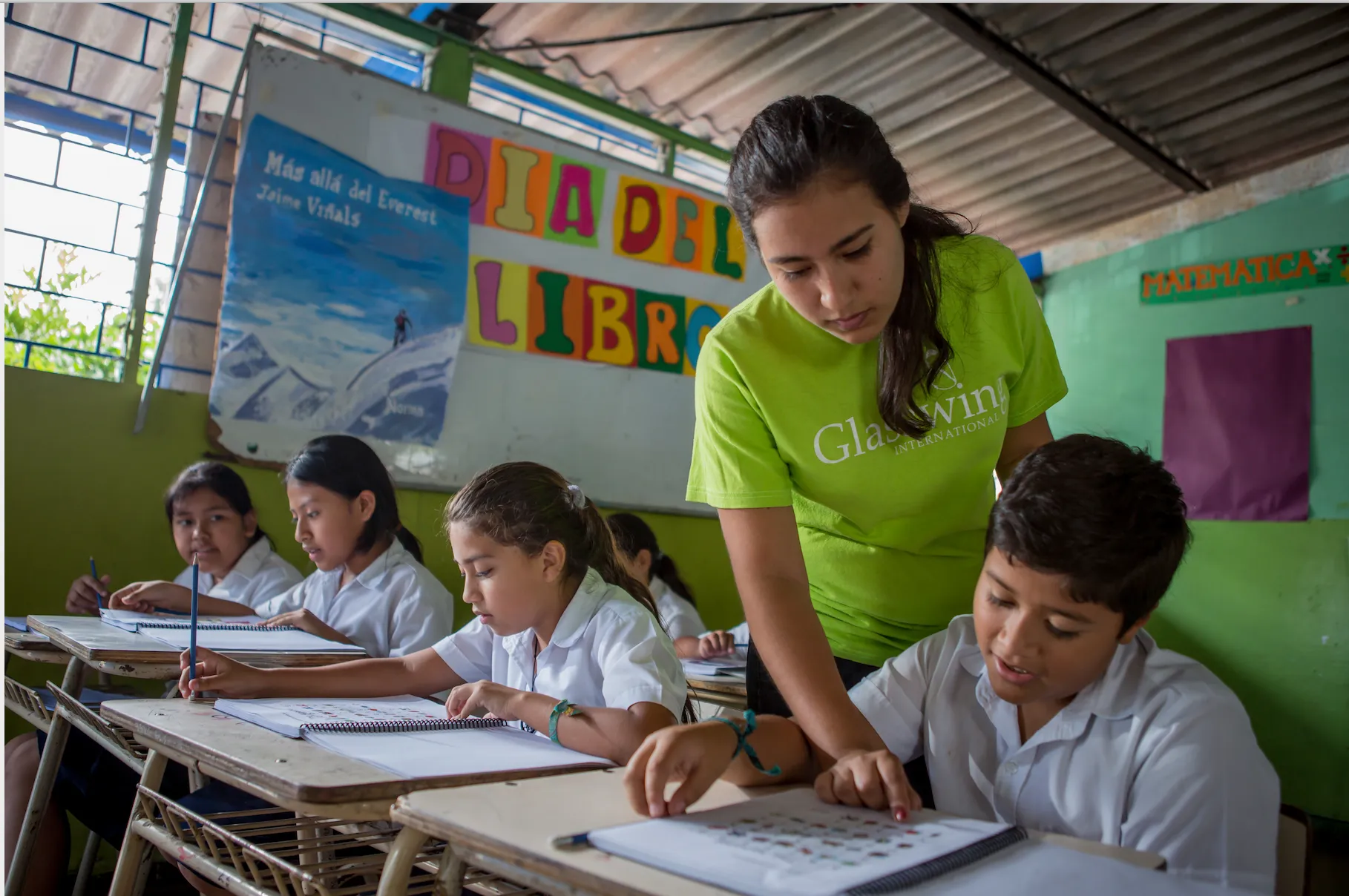

Stanford Social Innovation Review
Healing From Trauma
Healing From Trauma
Glasswing International teaches Latin American communities to understand and recover from the impacts of trauma induced by chronic and acute violence.



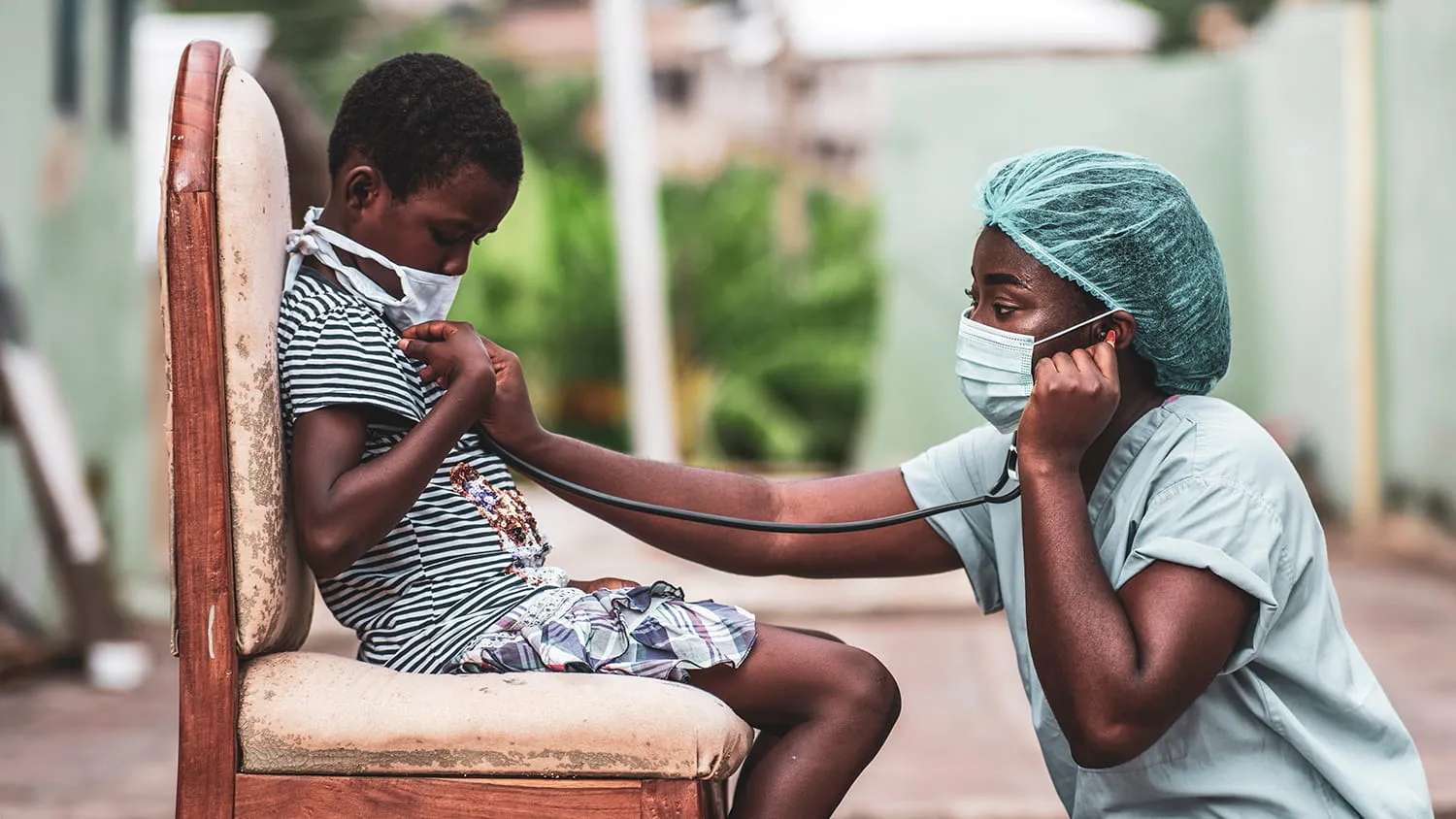
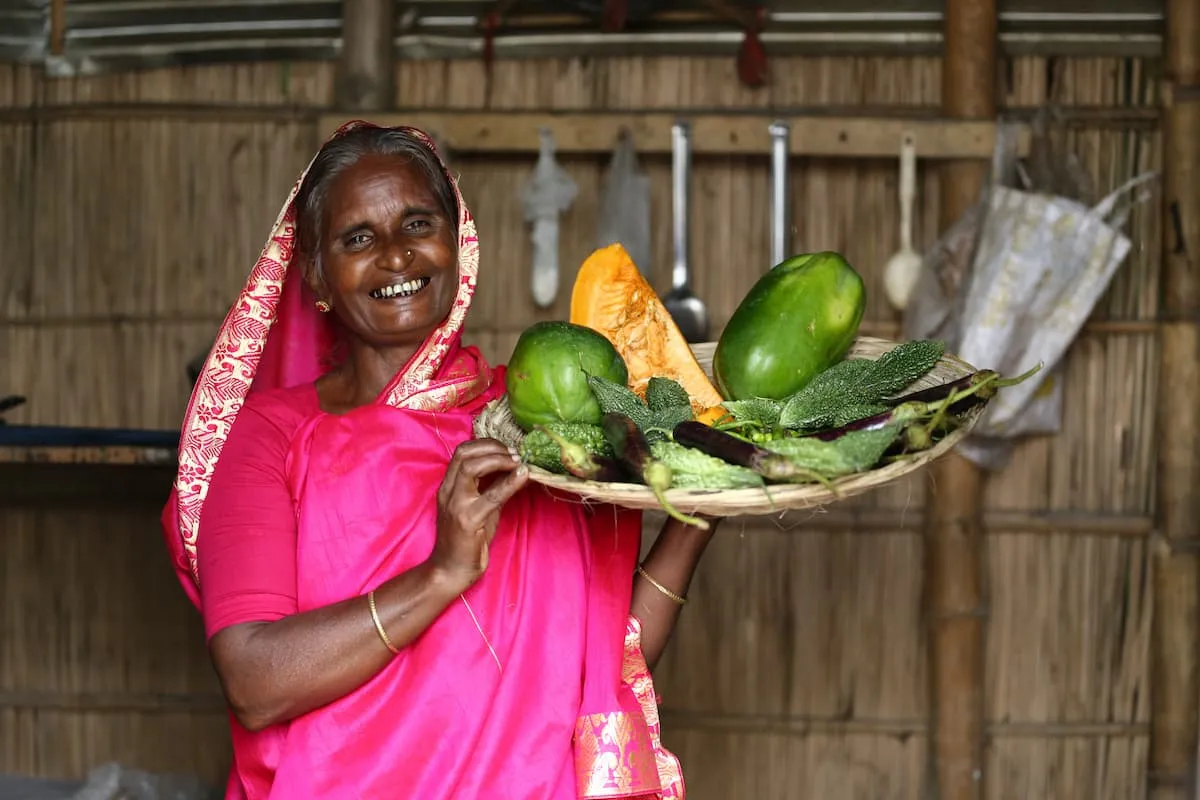

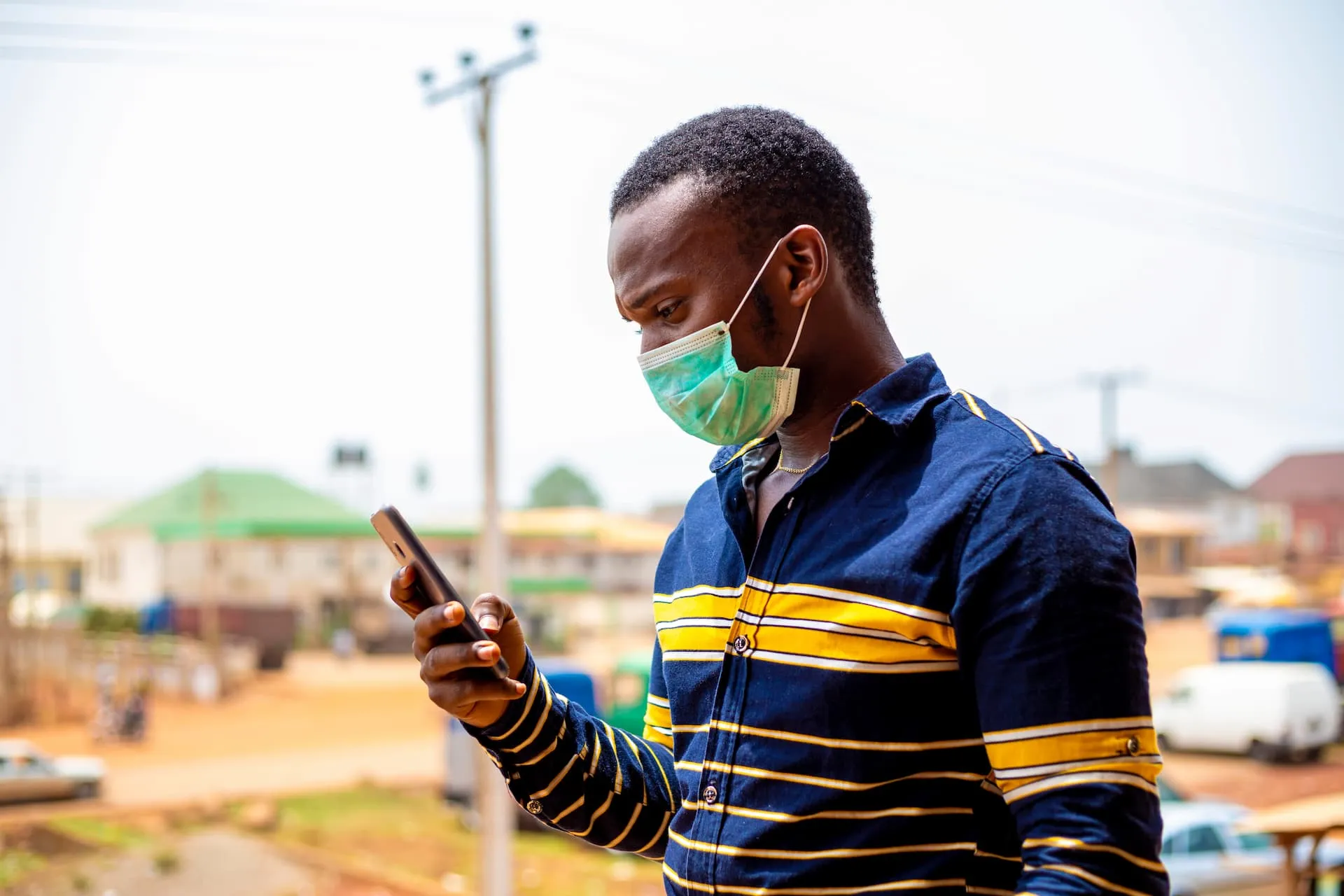
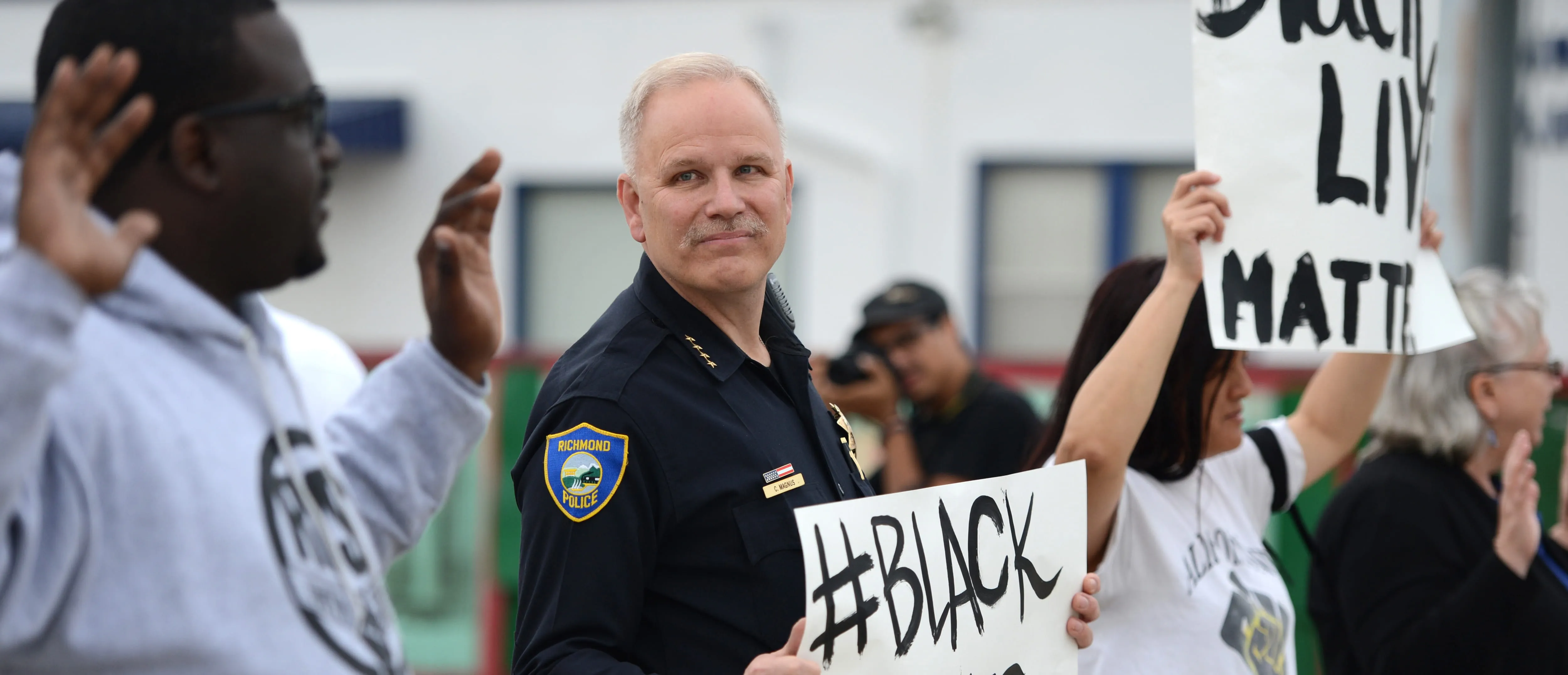
.jpg)








.jpg)

